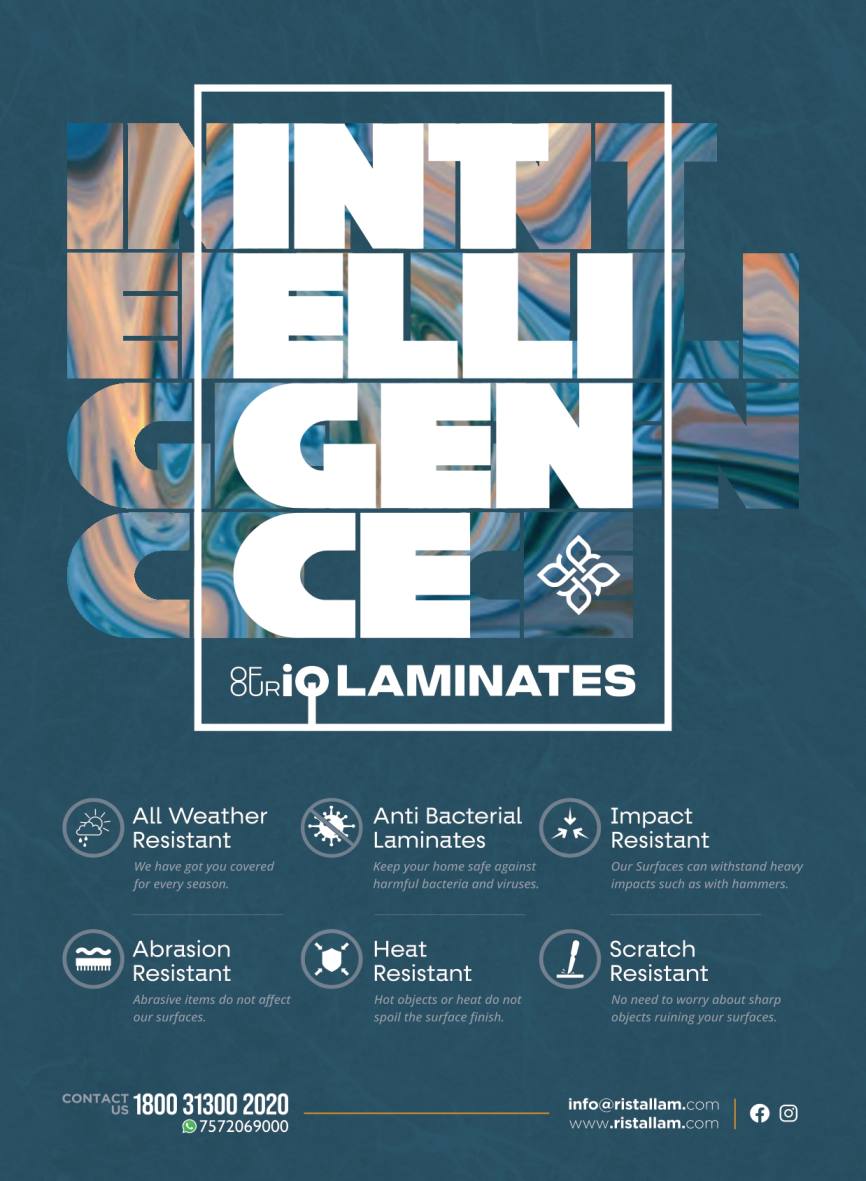
GSTe – Invoicing now from Rs 5 crore
- मई 13, 2023
- 0
GSTe – Invoicing now from Rs 5 crore
From August 1, 2023, companies with an annual business turnover of more than 5 crore rupees will be required to generate electronic invoices (e-invoices) for all business-to-business (B2B) transactions. So far, companies with a turnover of 10 crores or more were required to generate e-invoices for B2B transactions.
The move is aimed at digitising higher volumes of transactions, greater transparency in sales reporting, minimising errors and mismatches, automating data entry work, and improving compliance.
According to the notification (10/2023) issued by the Ministry of Finance on May 10, 2023, the threshold limit for generating e-invoices for B2B transactions has been reduced from 10 crore rupees to 5 crore rupees. According to the figures available on the GSTN portal until May 11, reducing the business threshold for generating e-invoices has brought more than 45 lakh traders across the country under online monitoring.
E-invoice is a unique number for each transaction: E-invoice is a system in GST that verifies the receipt of any transaction in the GST network. It converts every regular receipt into an e-receipt. A unique identification number (unique number) is issued for each receipt.
After the implementation of GST, i.e., from March 2017 to August 2023, if a company’s business turnover is more than 5 crores rupees in any one year, then it will also be required to generate e-invoices from August 1, 2023.
The scope of e-invoices has increased in three years.
Year Annual Business Turnover
October 2020 More than 500 crores
January 2021 More than 100 crores
April 2021, 50 crores
April 2022, 20 crores
October 2022, 10 crores
May 2023 More than 5 crores
The e-challan system was implemented in 2020 for companies with a business of more than 500 crore rupees. At the same time, it was estimated that it would be applicable to small businesses within five years.
- In the past year, GST theft has increased from 54,000 crore to over one lakh crore rupees. To curb the rising tax theft, small businesses are also being included in the e-challan system. This announcement by the government will expand the scope of the e- challan system to include micro, small, and medium enterprises (MSMEs).
- Online verification of transactions will come under the scrutiny of the state and central GST departments.
- The possibility of tax fraud will be reduced. In particular, there will be a crackdown on fraudulent practices like issuing fake bills to claim input tax credit.
Taxpayers must generate invoices on their internal systems or billing software and then report them to the invoice registration portal (IRP) – a requirement to avail of input tax credit.
The industry needs to review its vendor masters and ensure any vendor supplying goods or services and breaching the threshold turnover of `5 crore is necessarily issuing an e-invoice from August 2023 to avoid any dispute concerning availing of input tax credit.
GSTe – इचालान अब पांच करोड़ से
सालाना पांच करोड़ से अधिक के कारोबार वाली कंपनियों को एक अगस्त, 2023 से सभी बिजनेस-टु-बिजनेस (बी2बी) लेनदेन के लिए इलेक्ट्रांनिक्स या ई-इनवॉयस (चालान) निकालना होगा। अभी तक 10 करोड़ या उससे अधिक के कारोबार वाली कंपनियों को बी2बी लेनदेन के लिए ई-चालान निकालना होता है।
इस कदम का उद्देश्य लेनदेन की अधिक मात्रा को डिजिटलाइज़ करना, बिक्री रिपोर्टिंग में अधिक पारदर्शिता, त्रुटियों और बेमेलपन को कम करना, डेटा एंट्री कार्य को स्वचालित करना और अनुपालन में सुधार करना है।
वित्त मंत्रालय की 10 मई को जारी अधिसूचना (10/2023) के मुताबिक, बी2बी लेनदेन के लिए ई-चालान निकालने की सीमा को 10 करोड़ रूपये से घटाकर 5 करोड़ रूपये कर दिया गया है। जीएसटीएन पोर्टल पर मौजूद 11 मई तक आंकड़ों के मुताबिक, ई-चालान निकालने के लिए कारोबार की सीमा घटाने से देशभर के 45 लाख से ज्यादा व्यापारी ऑनलाइन निगरानी के दायरे में आ गए है।
ई-चालान हर लेनदेन का यूनिक नंबरः जीएसटी में ई-चालान ऐसा सिस्टम है, जिसमें किसी भी लेनदेन की रसीद को जीएसटी नेटवर्क सत्यापित करता है। वह हर सामान्य रसीद को ई-रसीद में बदल देता है। हर रसीद के लिए विशिष्ट पहचान संख्या (यूनिक नंबर) जारी होती है।
जीएसटी लागू होने के बाद यानी 2017 से मार्च, 2023 तक किसी भी एक साल में अगर कंपनी का कारोबार 5 करोड़ रूपये से ज्यादा है तो उसे भी एक अगस्त, 2023 से ई-चालान निकालना होगा।
तीन साल में बढ़ा ई-चालान का दायरा
साल सालान कारोबार
अक्तूबर, 2020 500 करोड़ से अधिक
जनवरी, 2021 100 करोड़ से ज्यादा
अप्रैल, 2021 50 करोड़
अप्रैल, 2022 20 करोड़
अक्तूबर, 2022 10 करोड़
अगस्त, 2023 5 करोड़ से अधिक
ई-चालान व्यवस्था को 2020 में 500 करोड़ रूपये से अधिक के कारोबार वाली कंपनियों के लिए लागू किया गया था। उसी समय कर संस्थानों ने इसके पांच साल में छोटे व्यापारियों पर भी लागू होने का, अनुमान जता दिया था।
* पिछले एक साल में जीएसटी चोरी 54,000 करोड़ से बढ़कर एक लाख करोड़ रूपये के पार पहुंच गई। बढ़ती कर चोरी पर लगाम के लिए छोटे कारोबारों को भी ई-चालान के दायरे में शामिल किया जा रहा है। सरकार की इस घोषण से ई-चालान के तहत सूक्ष्म, लघु एवं मध्यम उद्यमों (एमएसएमई) का दायरा बढ़ेगा।
* सौदों की ऑनलाइन जानकारी राज्य और केंद्र के जीएसटी विभाग के निगरानी में आ जाएगी।
* कर चोरी की गंजाइश कम होगी। खस तौर पर फर्जी बिल काटकर इनपुट टैक्स क्रेडिट लेने जैसे फर्जीवाड़े पर रोक लगेगी।
करदाताओं को अपने आंतरिक सिस्टम या बिलिंग सॉफ्टवेयर पर इनवॉइस जारी करना और उन्हें इनपुट टैक्स क्रेडिट के लाभ के लिए फिर इन्वॉइस रजिस्ट्रेशन पोर्टल (IRP) पर रिपोर्ट करना होगा – यह एक अनिवार्य शर्त है।
उद्योग को अपने विक्रेता की समीक्षा करनी चाहिए और सुनिश्चित करना चाहिए कि कोई भी विक्रेता जो सामान या सेवाएं आपूर्ति करता है और 5 करोड़ की थ्रेशहोल्ड टर्नओवर को पा चुका है, वह अगस्त 2023 से अनिवार्य रूप से ई-इनवॉइस जारी कर रहा है ताकि इनपुट टैक्स क्रेडिट के लाभ से संबंधित कोई विवाद न हो।
































































